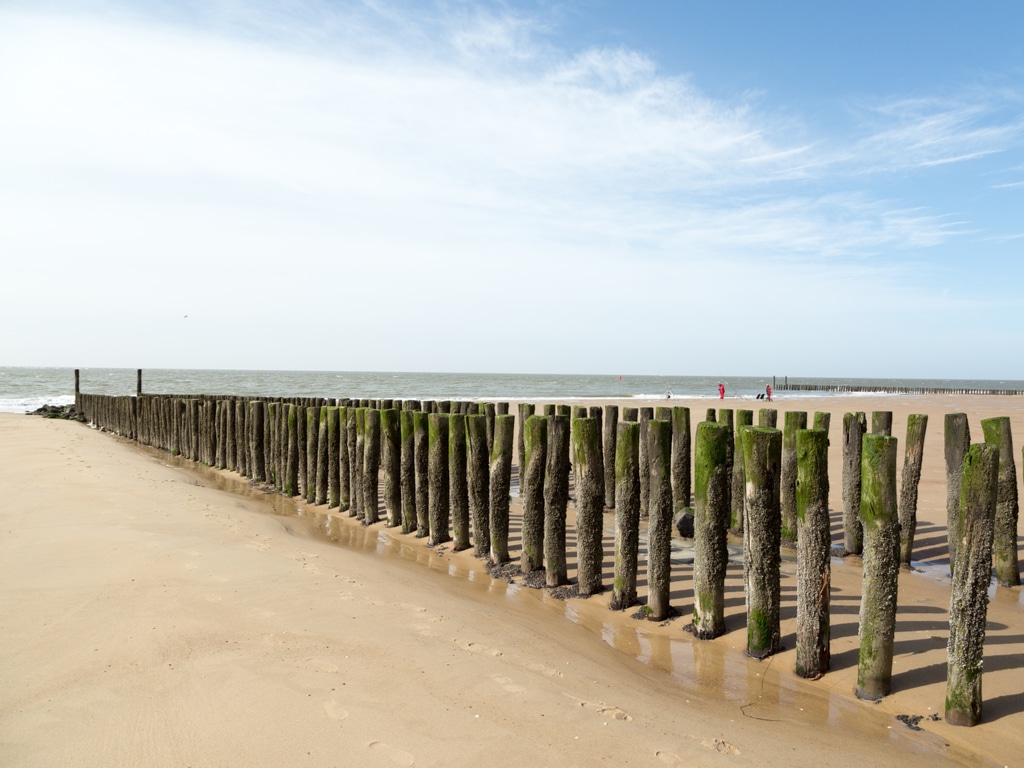It is confirmed. Boskalis International will protect the segment (180 km) of the cross-border coast Agbodrafo in Togo to Grand-Popo, from the mouth of the Roy in Benin. The contract between the Dutch maritime services company and the Beninese and Togolese governments was signed on 6 December 2021. Boskalis International has thus committed to the authorities to protect this coastline against erosion.
Under this contract, Boskalis International will rely on funding of 41.6 billion CFA francs, about 63.5 million euros, to fix the dunes, restore wetlands and mangroves, recharge beaches, build protective structures as well as dykes contributing to reduce flooding caused by rising sea levels. According to a study published in 2019 by the World Bank, Benin is losing an average of 4 meters of shoreline per year on 65% of its coastline, and 10 meters on average for Togo. An accusing finger is pointed at climate change. Added to this is the action of man on mangrove ecosystems.
The development of a resilient agriculture
According to the authorities of Benin and Togo, the study group of the control office Inros-Lackner will monitor the transboundary coastline concerned by the project. The German group has a budget of 1.38 billion CFA francs, or more than 2.1 million euros.
This initiative is a component of a larger program, the West Africa Coastal Area Resilience Investment Project (WACA, ResIP West Africa Coastal Area, in English). Launched on November 30, 2018 in Dakar, Senegal, WACA involves six countries in the West African coastal area namely Benin, Togo, Côte d’Ivoire, Mauritania, Sao Tome Principe and Senegal.
Read Also – AFRICA: water, at the heart of the continent’s environmental challenges
The total WACA project package consists of a $120 million loan from the World Bank and a $70 million grant from the International Development Association (IDA), as well as $20.23 million in funding from the Global Environment Facility (GEF). The Nordic Development Fund (NDF) is also funding the project with approximately $14.7 million, as well as the French Global Environment Facility (FFEM), which has provided nearly $1.5 million.
Inès Magoum
